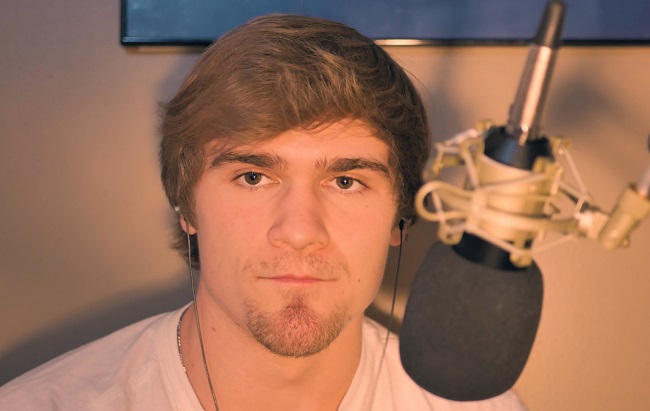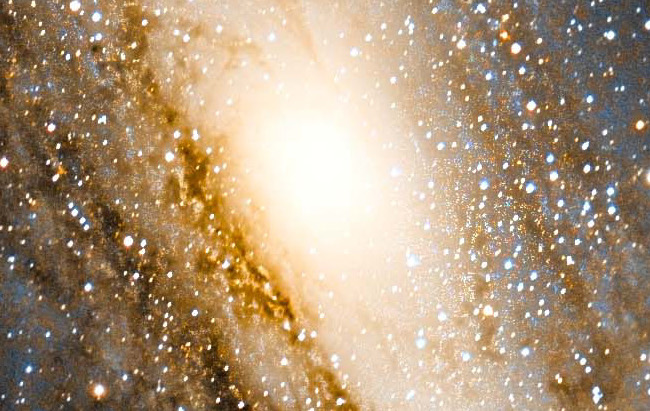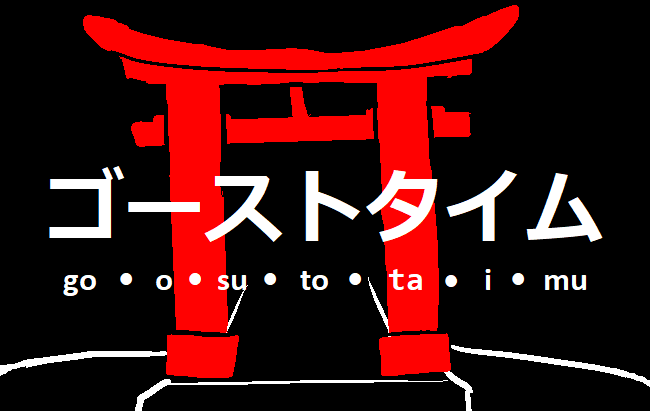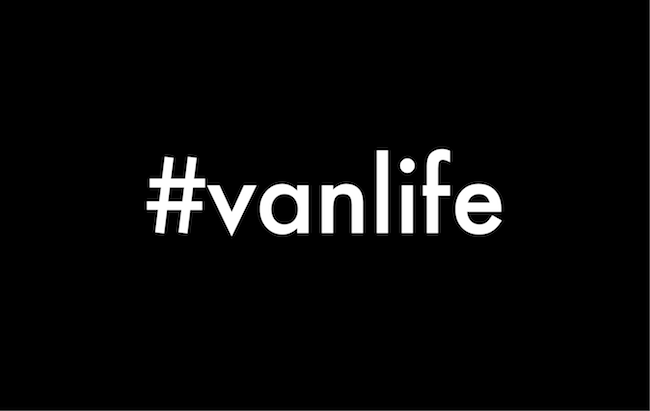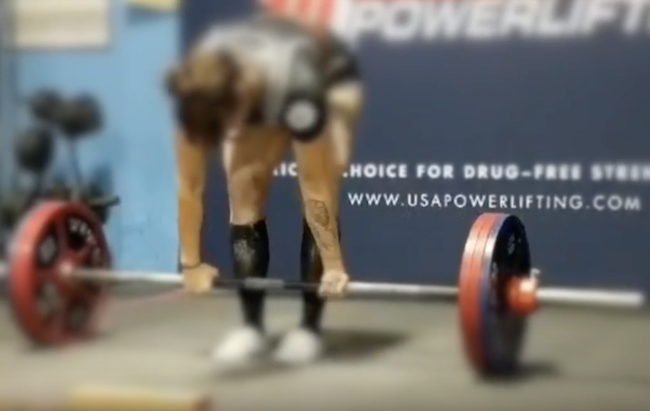Almost exactly four years ago, my friend Oliver and I decided we wanted to travel for a few months. Our only requirements for the destination was somewhere tropical, so we decided to go to Central America. We found a job on the Caribbean coast of Panama working on a rainforest trail everyday for a few hours in exchange for a place to sleep. We were going to be working for a man named Carlos, who had an estate, called “Casa Ishq”, surrounded by fields with palm trees, rainforest, and the Caribbean ocean, which sounded like paradise. Neither of us had travelled much before this endeavor, and I was the only one of us who spoke any Spanish, which was very minimal. Luckily Carlos was fluent in twenty seven different languages, but Carlos wasn’t meeting us at the airport. It was our job to arrive in Panama City, get to the bus station, get on a bus to Colon City, travel through the rainforest to Costa Abajo, arrive in a small village called Piña, and travel a few kilometers down the coast to reach paradise.

Before we left the United States, one thing had been emphasized over and over again, both on the internet and from people we had talked to: Don’t be in Colon City after dark. Colon is Panama’s most dangerous city. In the past few years Colon has gotten much better in terms of crime and danger, but it was not a place two foreigners wanted to be after sundown. Colon happened to be where we would switch buses to go through the rainforest and ultimately arrive at the coast, but we paid no mind to that, because not only were we distracted, but we didn’t think there was any possibility of us being there after sunset. We were excited and incredibly scared at the same time, but the first two days of our journey seemed to completely expel any excitement we had. All Oliver and I had to do was fly to a country we had never been to before, try to communicate with people in a language we didn’t know, and navigate the streets and transportation systems to get to our destination, five hours away from the airport, which proved to be much more of a hassle than we could have ever imagined. Oliver and I initially flew out of Boston, and before we reached Panama we had a seventeen hour layover in Miami. Both of us had saved just enough money to get by in Panama, so getting a hotel room wasn’t an option. We had sleeping pads and blankets, but the anticipation of getting to this foreign place was keeping us awake. As our flight to Panama was nearing, we started to wish the anticipation had let us sleep, because we had already been traveling for twenty four hours with maybe three hours of sleep between the two of us.
The plane ride was very serene and the ocean was very beautiful, but we were completely exhausted, we were already excited to sleep. Once we landed, we stepped off of the plane, and immediately the heat hit us. It was mid-October, and we had just left Maine, which had already cooled down to temperature requiring a jacket, so this stark contrast was quite shocking. After getting through customs, we went to collect our luggage. We didn’t know this at the time, but we over packed immensely. We both had a small backpack, a hiking back pack, and a large bag or suitcase. Traveling any where with that much luggage is a process and makes things much more difficult than necessary, but we wouldn’t find that out until later. Finally, we exited the doors of the airport and were “officially” in Panama. The heat felt refreshing, and we were temporarily rid of our exhaustion. Almost immediately after this sense of relaxation overcame us, we were bombarded by men who were try to help us carry our luggage to a taxi, and at the time we were anything but assertive and neglected to say “no”. So, a couple of them took a bag to a taxi for both Oliver and I, and immediately just started saying “tip” over and over again. We didn’t ask them for help, and didn’t want them to help us in the first place, but they weren’t leaving so we reluctantly gave them a dollar, and entered our first taxi. Our taxi driver didn’t speak English, but asked us where we were going. I told him that we needed to get to “Gran Terminal”, the main bus terminal in Panama City. He then wanted to clarify if I meant the bus station or another airport with the same name. I replied “autobus”, and we were off.
The streets and highways in Panama City are very hectic, and this was our first experience on the roads there. The taxi driver blasted Reggaeton, and was weaving in and out of traffic at least 30 KMH over the speed limit at any given point, even through zones strewn with construction. We were holding on for dear life, but also astounded at the glimpses of life in the city we were zooming by. Everything looked different, from the architecture to the advertisements on billboards. Whizzing passed cop cars, I was sure we were going to get pulled over, but none of them seemed to care that our taxi driver was going almost twice as fast as every other car on the high way. When we got to intersections, cars would just blatantly pull out in front of other cars, and come within inches of each other at high speeds. I had never seen driving this aggressive before in my life, and was shocked that I didn’t witnessed a single accident. It seemed like we had been in the taxi for hours, even though it had barely been twenty five minutes, when we finally arrived at what we thought was our next destination. We got our luggage, and paid our taxi driver before entering the station in front of us. Once we got inside I found a man and asked him if we were at the right “Gran Terminal”. He told us that the taxi driver had taken us to the wrong place, and had probably done it on purpose.

We were disappointed by the fact that our first encounter with someone in Panama was a negative one, but the man that I was talking to told us not to worry because he happened to be a taxi driver, and told us we weren’t very far away from the bus station, and he knew exactly how to get there. We were very lucky to happen upon somebody we could partially communicate with us who genuinely wanted to help us get to where we were going, so we were incredibly thankful. Our second taxi ride in Panama ended up being far more relieving and safer than the first. We arrived at the bus station, and the taxi driver pointed us in the direction for the terminal with buses heading to Colon. We walked in the doors of the bus station, and immediately became disoriented and had no idea what to do. We walked up to a woman sitting at a ticket window, and tried communicating to her where we needed to go, but the language barrier was getting the best of us. Neither party could understand what the other was trying to say, so we wandered off through the bus station to find an alternative. Our confusion, and the fact that Oliver was blonde and over six feet tall, attracted a lot of looks and attention. After a few minutes of the two of us looking like lost puppies, a few people approached us and asked us where we were trying to get to. One of the women who approached us tried speaking to us in English, and smiled in embarrassment because she was not exactly sure that her pronunciations were correct. I responded in the same manner, and she laughed and corrected my pronunciation, and this small exchange was another glimpse into the fact that many of the people we met and were going to meet were more than willing to help, expecting nothing in return. The woman took us back to the counter to try and get us a bus card, but for some reason the two of us weren’t able to purchase them. The other locals who were helping us also spoke very minimal English, but slightly more than the woman at the ticket counter, so they showed us where our buses were, and offered to swipe us through the gate so we could get on the bus. The woman who I had the conversation with with teaching each other a little of our respective languages swiped me through happily, and a man followed and swiped Oliver through as well. On the other side of the gate, we waved them goodbye and thanked them profusely.
Once we got the luggage and ourselves onto the bus, we noticed immediately that people were staring at us silently, which was slightly stressful, but that feeling went away very quickly, because we had to get used to it. There were “Black Ice” car fresheners hung everywhere, which made for quite a strong smell, and a Spanish-dubbed version of “The Expendables” was playing very loudly. Neither of us had seen the movie before, but it was pretty entertaining to see all of these action movie stars we were familiar with, screaming in a language we didn’t understand. Temporarily distracted, we road the bus two hours from Panama City to Colon City.

Once we arrived in Colon City, it was very late afternoon, and the sun was showing signs of setting. We stepped off of the bus, and it was sort of a surreal experience. There were hundreds of people at this small bus station, the city looked much more run down than Panama City, and there was a very overpowering, unpleasant stench in the air, which made me miss the “Black Ice” air freshener scent on the bus. We crossed the street towards where the buses were and it seemed like the entire large group of people in front of us all stopped what they were doing and turned to watch us. We were both very intimidated, but were determined to get on the bus to Piña, the village near Casa Ishq. I noticed that instead of looking like old greyhound buses, like the bus we just got off of, these buses were literally school buses painted and decorated with feathers and beads, among other colorful things. We were weaving through people trying to find our bus with increasing haste, because the sun was setting very quickly. We reached the line for the bus to Piña, but the line was incredibly long, and we knew with the amount of luggage we had, there would be no possible way for us to fit. We decided to find somebody to ask when the next bus was, and the answer we received from multiple people was that there were no buses after this round left. This left us very nervous, because we had no other way of getting to the coast, and the fact that we couldn’t be in Colon City after dark moved from the back of our minds to our main focus. We had to try one last time to get on the bus. We tried squeezing through the crowd, and made it all the way to the door of the bus. Because it was the last bus to the coast for the evening, everyone was in a rush to get on, and by the time we reached the door, it was already full to the brim. The doors closed, and the bus began to pull out of the station, and the sun had officially set. This was when dread took over; we had no means of contacting anyone, no where to sleep, and no idea of how we would make it to the coast.
We started to cross the street, completely exhausted and hopeless. As we were crossing the street away from the bus station, I couldn’t see much because it was very dark at this point, and I managed to step in a type of gutter that lined the streets. The gutter was about a foot across and a foot deep. I was up to my shins in sludge, and when I pulled my foot out, I realized I had accidentally stepped in sewage — the icing on the cake. It was very difficult to find the motivation to continue our journey to Casa Ishq at this point. Was paradise worth it? Either way, it was too late to turn back, and we needed to find a way to get out of Colon City for the evening. It made the most sense to push forward to the only place we knew we could stay. There were many people still staring at us at this point, and much like at Gran Terminal, people could sense that we had no idea what to do. Again, a few people approached us and asked us where we were going. We told them Piña, but none of them knew where it was, so we tried “Costa Abajo”, which helped them realize where we were trying to go. They didn’t know of any other way for us to get there at the moment, because the buses didn’t start running again until the morning. An older man suggested a taxi, but there weren’t any around. He told us he was going to go find one, so that we would make it safely to our destination, and the fact that this group of strangers genuinely cared about us achieving our goal gave us a sense of comfort. He left for a few minutes and came back and told us he had a taxi for us. At this point we didn’t care that it was forty five minutes away and the taxi would likely be expensive, because we just wanted to get there. We agreed to take the taxi and thanked everybody who helped, immensely. We waved goodbye to the old man who helped us get the taxi, and continued on our way.

Another taxi ride. The first was terrible, the second was incredibly helpful. Little did we know, the worst taxi ride out of all of our months in Panama was just beginning. We loaded our things into this taxi and climbed in the back seat. We tried greeting the driver, a younger man, but received nothing back. This a slightly awkward tone to start the drive with. The beginning of the ride, despite the awkwardness, went alright. We spent a while waiting in line at the Locks on the Canal while boats were passing through. This was something we eventually learned to dislike while crossing the Canal, but it was ok this first time, because the idea of being right next to the Panama Canal was very intriguing. Eventually we got through the Canal to where the roads through the rain forest began. Prior to the Canals there was a lot of light pollution, and it wasn’t evident, but after the lights were gone, we realized that our taxi didn’t have working headlights. We were holding up traffic, and cars were honking at us and passing us at high speeds. Once we got into the rainforest and traffic was scarce, we were in total darkness moving no more thank 20-25 KMH. We could sense that the driver was stressed, which added to ours, and the car was taking a beating; he couldn’t even see where in the road we were driving so he hit every pothole we passed. Buses heading back to the city for the evening were flying by us at crazy speeds, which gave us some light, but only briefly. After two and a half hours of crawling through the rainforest, we finally made it to Piña. It was around 10:30pm and there were still locals congregating next to their huts, stray dogs looking for food, and children playing in the streets. The driver pulled over and got out of the car because the engine was smoking. After assessing the hood, he gestured to us as if the drive was over. We were still a few kilometers away from Casa Ishq, and we were too exhausted to walk, so we asked the driver to take us to our destination. He wasn’t responsive and looked at us angrily. Looking hopeless again, a few women noticed we were struggling and came over. I tried to explain the situation as best as I could, and told them we needed to get to Casa Ishq. They all told us, in one way or another, that they were tough and that they would get him to take us. One of them, the eldest, turned to us and said “tienes que ser agresivo y resistente”. They proceeded to walk over to the taxi and persuaded the driver to take us a few kilometers away. We thanked them, and continued down the village roads in the dark. As we made our way down the road, we finally saw it; a huge sign with the words “Casa Ishq” painted on it. We made it. We thanked the driver for taking us there, and approached a large gate. There was a dog right on the inside of the gate, barking angrily at us. Later down the road the dog grew to like us. We would also find out that her name was Kenya, and her sole purpose was to make sure strangers didn’t get in through the gate, two of her children were guarding the other sides of the property boundaries.

We rang the bell at the gate, and a man, Carlos, approached us telling us that he didn’t expect us that day, but luckily he still had room. An email never sent, so he wasn’t sure when we were going to be arriving. He let us through the gate, and took us to our bungalow. We entered his house, which looked like a mansion, and he took us through the front entrance around to the side of the estate where our bungalow was. The room was massive, and had a mini fridge. There were dark lines running all over the walls, which we found out were trails for termites, which didn’t destroy the walls, and never bothered us. We put our stuff down, and Carlos told us that all of the other volunteers were asleep. We were happy, because all we wanted to do was sleep after hardly sleeping for the past forty eight hours. At this point, we were both still feeling the effects of the stressful day we had just endured, and wanted nothing more than to be safe in our beds back in Maine. We immediately went to sleep, and woke up the next morning to a beautiful, sunny day, and forgot everything we had been worrying about the day before. We exited our room, took a tour of the house, and the entire property, and realized that all of it was worth it. The Caribbean Sea was right at our feet, a rainforest trail and garden to our right, fields of palm trees to the left, and awesome volunteers to work with. We made it to paradise.
It wasn’t paradise for solely it’s symbolic notions of paradise like palm trees, beaches, rainforest, and incredible wildlife, and it wasn’t our paradise. It was paradise for everyone and everything that happened there as well. The locals who lived there made it their paradise every day, as did the exponential amount of wildlife. We spent a lot of time with them while we were there, and besides our work everyday, Oliver and I noticed a problem that was encroaching on this new notion of paradise we found. Huge trucks would come to the beach every day and remove tons and tons of sand. It had an effect on the coastline, even in the short time we were there. We talked with a group of locals, and asked them why they were able to take all of the sand. The locals expressed their unhappiness with the process, and explained that the beaches were all public, and anybody could do it. These massive trucks and the men taking the sand were taking all of it to sell it. This was having a very negative effect on the beach itself, and the people who lived there and enjoyed the beach and the surrounding area every day. In efforts to help these people maintain paradise, Oliver and I drilled holes into the ground where the trucks were entering, and put large metal stakes in the ground to keep them from driving down onto the beach. If we were enjoying everybody else’s paradise, we wanted to do whatever we could to help. It stopped the trucks from entering the beach for as long as we stayed. We both hope the beach is still intact, and in turn paradise is as well for its inhabitants to enjoy and survive.

